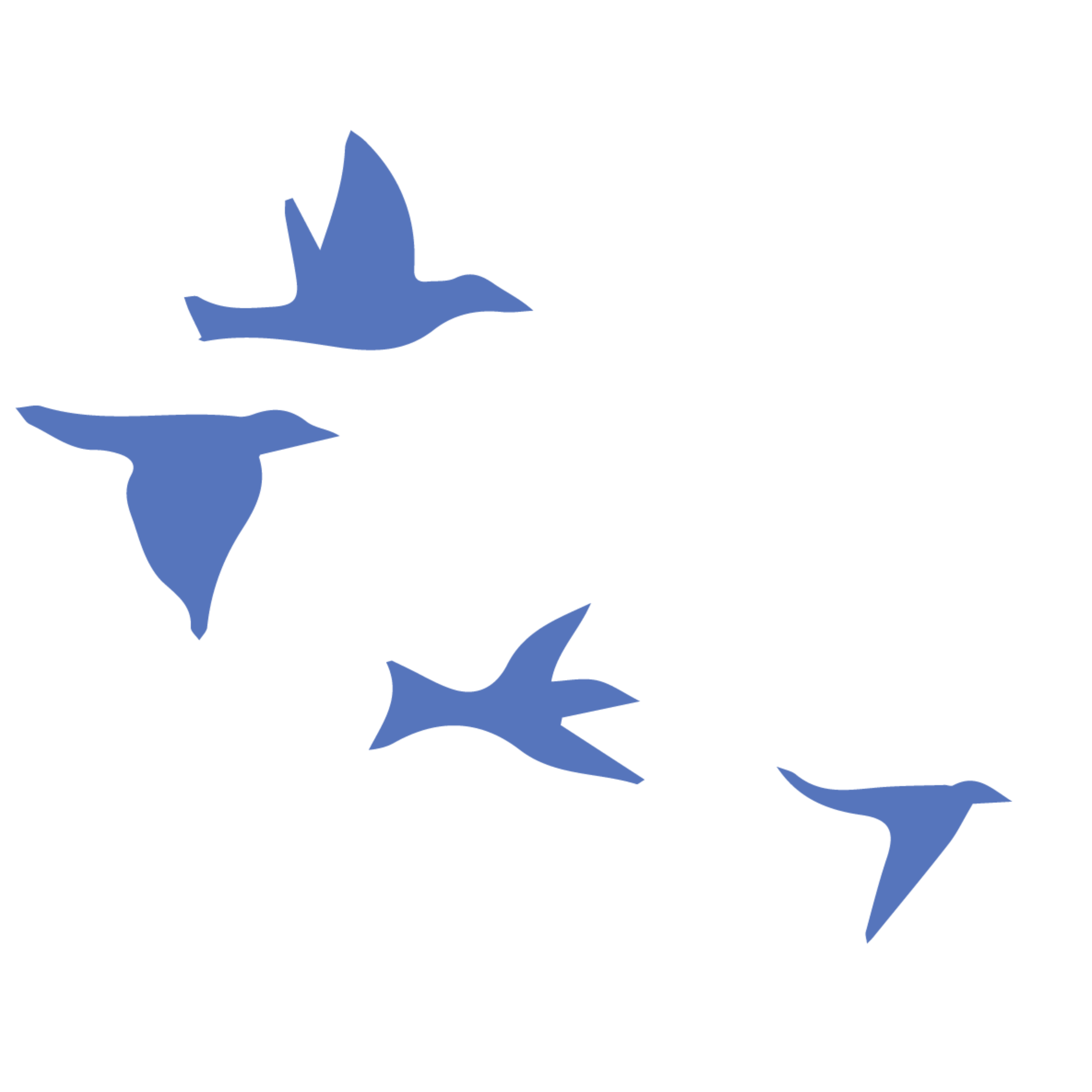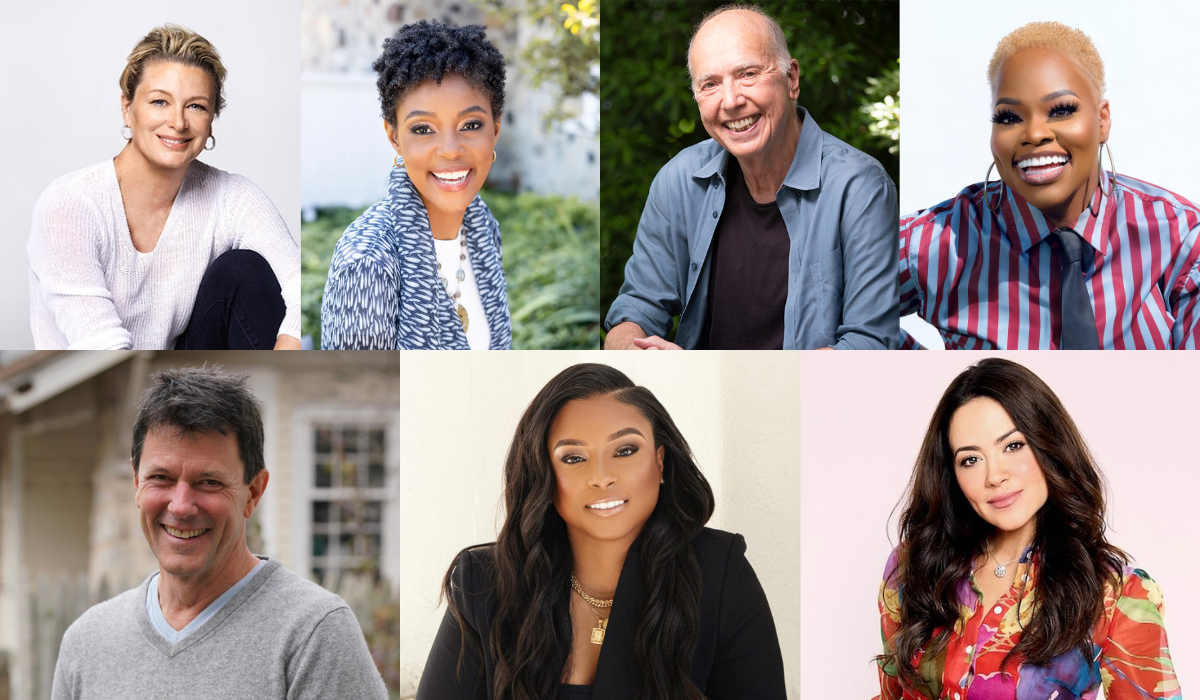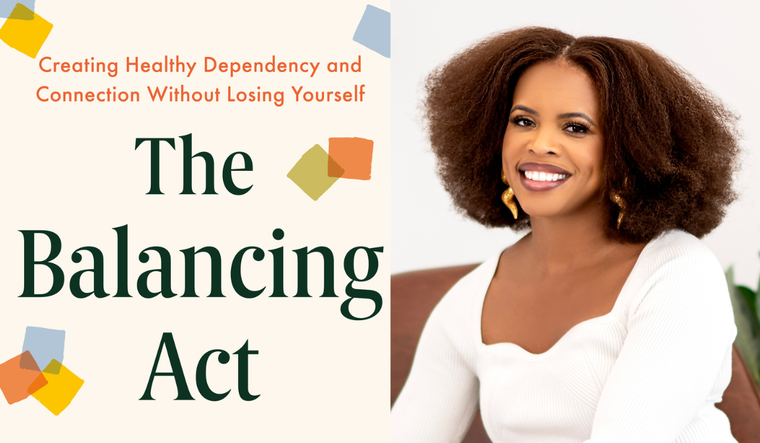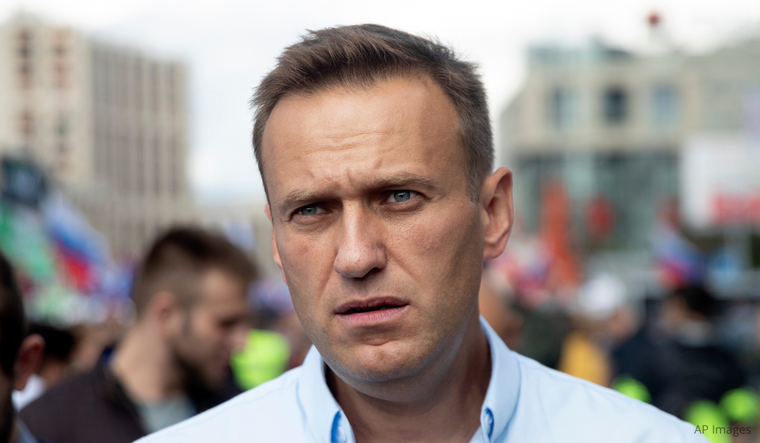These Visionaries Are Finding Hope in Beautiful (and Unexpected) Places

Hope starts with a feeling. A warmth in the body or a buzz in the mind. It’s an auspicious desire that crowds out the darkness of despair and fuels us toward what is yearned for and possible.
But just as readily as hope can fuel us, it can drift away. Darker forces, perhaps fear or doubt, can rob us of its light. That is when it's up to us to look for hope. To open our eyes a bit wider and seek out its glimmer. So, we asked great visionaries we admire: Where do they find hope these days?
Their responses are as beautiful as they are unique. They’re also thought-provoking, as The Open Field author Tom Rosshirt’s insight—keep reading below!—reminded us to never take hope for granted.
What we love most about these insights is how they shed light on our shared humanity. We trust that the following answers will serve as reminders that the warm embers of hope and peace are always around us—it’s just up to us to look for them.
Minda Harts finds hope in our willingness to truly see each other.
“I find hope in the small moments when people choose trust over fear. Every time someone has a difficult conversation with grace instead of avoidance, every time a manager acknowledges their mistake instead of deflecting, every time a colleague extends transparency when they could withhold information. These moments remind me that we're capable of speaking each other's trust languages even in our most challenging times.
In my work, I see people transform toxic workplace relationships simply by understanding how the other person builds trust. That transformation, multiplied across millions of workplace interactions, gives me hope that we can create the psychologically safe, trusting work environments we all deserve. Hope lives in our willingness to see difficult people as people speaking a different language of trust, and our commitment to learning how to speak it.”
—Minda Harts is an author, motivational speaker and filmmaker. Her new book is Talk to Me Nice: The Seven Trust Languages for a Better Workplace
Kristin Hannah finds hope in our ability to find a path forward.
“I am a deeply optimistic human being. I believe in humanity. I believe in society. I believe in civilization. I believe in the power of this dream that is our country; that is a place where people of differing backgrounds and voices come together and find a path forward. What gives me hope is that we, as humans, when our backs are against the wall, will remember what we believe in and who we want to be. And we will think more of our children and our children's futures than even of our own.
And I believe in women. So, let’s start using our voices.”
—Kristin Hannah, New York Times bestselling author of more than 20 novels, including The Women and The Great Alone.
Camille Guaty finds hope in using your voice for the next generation.
"I find hope in people with a mission for change. Using your voice for something greater than yourself, and actually seeing that change take shape is contagious. And when you know you’re paving the way for a better future for the next generation, it makes the fight that much more meaningful.”
—Camille Guaty is an actor, co-founder of Foster a Dream, and activist. You can watch her now in the HBA series Duster.
Tom Rosshirt finds peace in accepting our true feelings about the present.
"Well, this is probably going to sound irritating, but I’m going to say hope is a trick. Hope is a response to the thought, “This shouldn’t be happening,” which is resistance. And pain rises with resistance.
The way out is not resistance, but acceptance. I don’t mean accepting the facts of the world—the injustice, the hatred, the evil—but accepting our feelings about the world—the grief, the heartbreak, the fear. Accepting our feelings means—paradoxically—giving up thoughts of a better future, returning to the present, and accepting the pain we’re feeling without escaping into hope. This can lead us to the peace on the other side of pain, which is the force that can truly heal us and those around us. This is how I think we can get our prayers answered when we ask “Lord, make me an instrument of your peace.”
—Tom Rosshirt is an author and co-creator of the Dignity Index. His books is Chasing Peace: A Story of Breakdowns, Breakthroughs, and the Spiritual Power of Neuroscience
Tasha Cobbs Leonard finds hope when people share their raw, vulnerable stories.
“I find hope in vulnerability—the bravery of choosing to show up authentically even when it's easier to hide. I've learned through my own journey with infertility, grief, and depression that strength often looks like surrender. It’s those quiet moments when we dare to speak truth about our pain and uncertainty that hope truly becomes tangible. Creating my new album, TASHA, was a reminder that our stories, especially the difficult chapters, have the power to bridge divides, open hearts, and heal in ways we never imagined.
These days, when I see people openly sharing their rawest moments—the struggles behind their smiles and the courage beneath their scars—it reassures me that we're never alone. It affirms my belief that hope isn't about perfection; it's about presence, honesty, and the willingness to let our pain become a pathway to deeper understanding and compassion. To me, there's nothing more hopeful than knowing someone else might hear my story and realize they're seen, heard, and loved exactly as they are.”
—Tasha Cobbs Leonard is a gospel star and 3x Grammy winner. Her new album, TASHA, is out now.
Dr. James S. Gordon finds hope in survivors helping survivors.
“Every day, The Center for Mind-Body Medicine's trauma healing teams give me hope. Women and men in Gaza and Israel, Ukraine, Haiti, and Sub-Saharan Africa, who have themselves survived terrible losses, are bringing the self-care skills we have taught them and the hope they have discovered to thousands of terribly traumatized children and adults—with courage, skill, and love.”
James S. Gordon, MD, is a a psychiatrist and founder and CEO of the Center for Mind-Body Medicine. He is the author of Transforming Trauma: The Path to Hope and Healing
Maya Smart finds hope in the rhythms of our immediate world.
“It’s easy to miss reasons for hope in the overwhelm of modern life—the relentless ping of notifications, the flood of breaking (often bad) news, the endless scroll of digital distraction.
So I make it a point to look offline for hope in the steady rhythms of nature and in the beautiful messiness of local community.
In the natural world, hope is always asserting itself. In the rising and setting of the sun, the ebb and flow of the tide, the invisible exchange of every breath we take—there’s a quiet, constant promise of growth and renewal. That, to me, is hope.
I find it, too, in the imperfect, everyday interactions of family, friends, and neighbors—where our ideas, habits, boundaries, and stories collide, creating both friction and connection, and through them, progress.”
Maya Smart is a writer and early literacy advocate. Her new book is Reading for Our Lives: The Urgency of Early Literacy and the Action Plan to Help Your Child
Please note that we may receive affiliate commissions from the sales of linked products.



